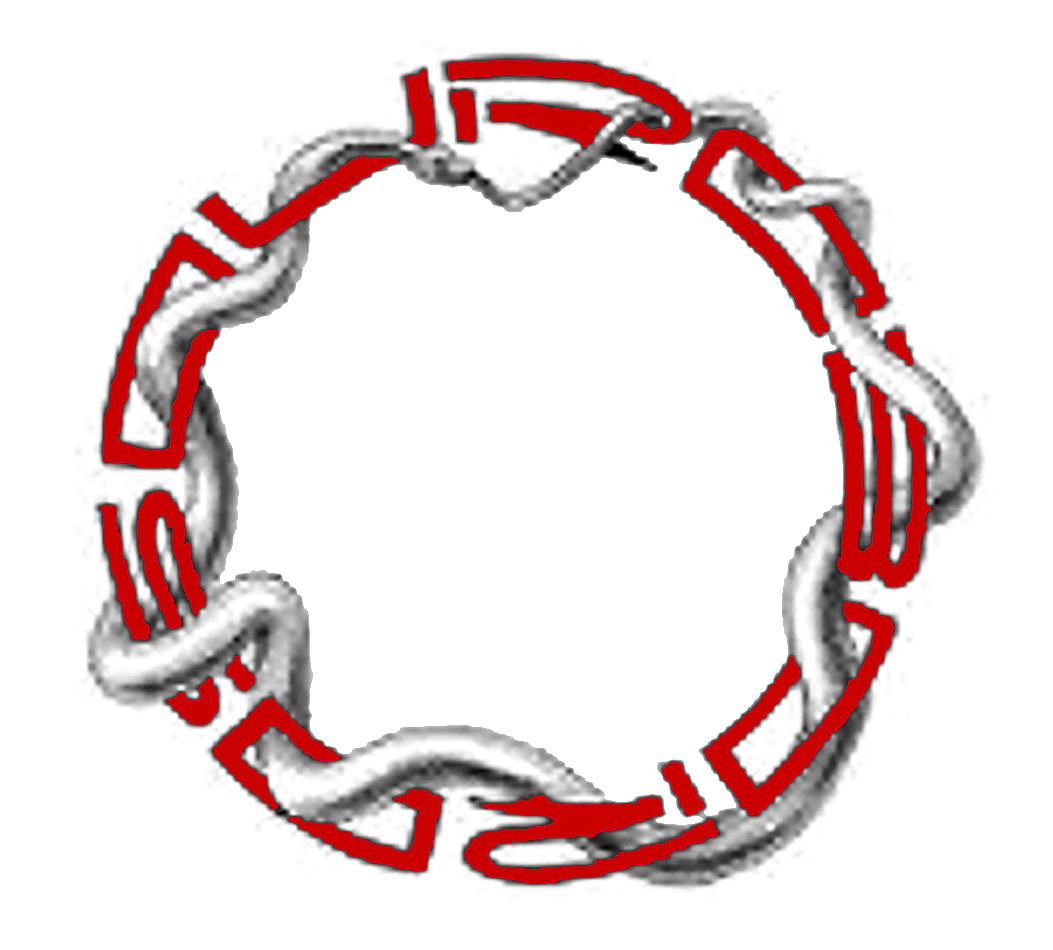innocence and innocents alike
In one of the pivotal scenes of The Dark Knight, Alfred descends into a strictly ordered and starkly lit Batcave as Bruce Wayne is doggedly patching himself up. After helping his employer with some stitching, Alfred realizes that Master Bruce doesn’t fully comprehend the miasma of violence that the Joker has brought upon Gotham City:
Alfred: A long time ago, I was in Burma, my friends and I were working for the local government. They were trying to buy the loyalty of tribal leaders by bribing them with precious stones. But their caravans were being raided in a forest north of Rangoon by a bandit. So we went looking for the stones. But in six months, we never found anyone who traded with him. One day I saw a child playing with a ruby the size of a tangerine. The bandit had been throwing them away.
Bruce Wayne: Then why steal them?
Alfred: Because he thought it was good sport. Because some men aren’t looking for anything logical, like money. They can’t be bought, bullied, reasoned or negotiated with. Some men just want to watch the world burn.
It’s a fantastic scene from a cinematic standpoint, but a problem occurs when you pull the Joker out of the movie as one crazy-ass allegory for chaos and death. And especially when you make the leap of trying to fit terrorism into the framework provided by the Joker, to use the the Joker as a rubric for terrorism.
No one better proves this than the Ft. Hood shooter, Nidal Malik Hasan.
Because we lose any chance of gaining useful insight when we label Hasan a terrorist, stuffing him into a box of our choosing. Instead of trying to see the box that he saw himself in, and carefully crafted for himself.
Terrorism isn’t about creating chaos simply for chaos’s sake. Terrorists don’t kill for the pure joy of killing, they aren’t evil embodiments of some dark sinister incomprehensible force. That’s where the Joker fails as a metaphor for terrorism.
The Joker is terrorism only as we see it, he perfectly embodies terrorists only as we perceive them. But that perception is never the entire story. If anything, the Joker embodies just how limited society’s take on terrorism so often is – we are unwilling to approach it unless it seems to be disfigured by insanity, the twisted product of a warped and disturbed mind.
But viewing terrorists that way masks who they really are. It hides their true identities, and prevents us from either understanding or preventing their actions.
The men we call terrorists view themselves as fighting the good fight, as dying for for something greater than themselves. Each and every one of them, to a man. They view themselves as serving a cause, as sacrificing their life at the altar of some worthy or noble duty. Judging their moral calculus, pressing our own ideas of when killing is or isn’t justified onto them, does absolutely nothing to help us understand or analyze their actions and their origins. Lives we see as innocent, they see as necessary or unavoidable collateral damage.
Innocence and innocents alike are lost in the stench of terror’s breath.
In times of war, civilians lose their lives. By the thousands, sometimes by the millions. But in the context of war, as a society we’re okay with that. Innocent lives can be sacrificed at the altar of warfare, it’s an unfortunate but unavoidable side-effect that we don’t let ourselves be troubled by. And in the same way, killing civilians doesn’t trouble terrorists either.
Because terrorists see themselves as soldiers. Soldiers fighting a war worth dying in, a war that transcends their lives, and any interpretation of right or wrong and good vs. evil that we – as outsiders – might bring in from the outside.
The shooter of an Arkansas military recruitment center, Abdulhakim Muhammad, who made his initial extremist contacts online before ultimately converting to radical Islam while in prison, recently changed his plea:
“My lawyer has no defense,” Muhammad wrote in the two-page letter, dated Jan. 12. “I wasn’t insane or post-traumatic nor was I forced to do this act.”
In the letter, Muhammad described himself as a soldier in al-Qaida in the Arabian Peninsula and called the shooting “a Jihadi Attack.”






